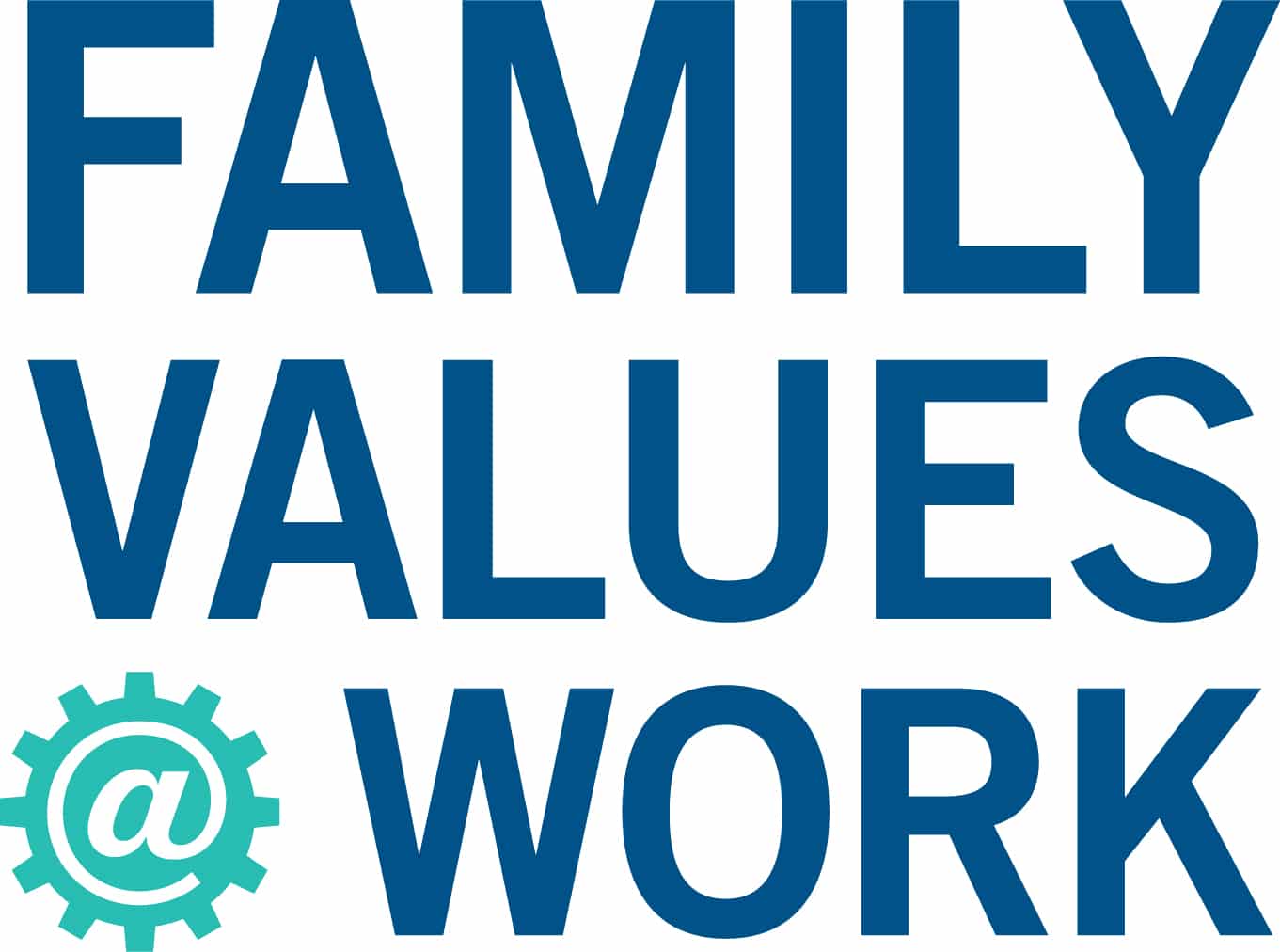Connecticut Must Not Erode the Nation’s First Statewide Paid Sick Days Law

The Connecticut Business and Industry Association is pushing a bill, SB 1007, to cut back the first statewide paid sick days bill. Family Values @ Work and the National Partnership for Women & Families analyzed the serious problems with this bill.
1007 is Bad Policy and Hurts Workers
- The bill’s dangerous provisions, far from being ‘technical fixes,’ would significantly erode the reach and protections of Connecticut’s paid sick days law, reducing the number of people covered and making the law harder to use. Specifically it would:
(1) Cut out workers in every job in the manufacturing industry at all facilities. Current law exempts manufacturing establishments from providing paid sick leave based on how the North American Industrial Classification System (NAICS) classifies the type of activity conducted at each of their establishments. A manufacturer with administrative and production facilities in separate locations is now required to provide paid sick days at the administrative facility, but not the production one. This bill would exempt manufacturers entirely as long as their business falls under NAICS’s manufacturing categories, regardless of the activities they conduct at different facilities. The result: some workers who currently earn paid sick days would lose that protection. Workers who serve particular functions (clerical, administrative, etc.) in one industry would be treated differently than workers with the same job responsibilities in another industry. There is no conceivable reason for this amendment other than to carve a larger loophole for particular organized and lucrative businesses.
(2) Give incentive to become a “small employer for a week” to evade the law and prohibit workers from earning sick time. The current law requires that service workers earn paid sick days if the business they work for employs at least 50 people in Connecticut during any quarter of the previous year. This bill proposes to substitute a single, specific week – the first week in October – as the time period for determining an employer’s size. An employer who employs more than 50 people most of the year could slash their staff for one week in October and claim not to meet the threshold. The potential for employer abuse is enormous.
(3) Add to scheduling instability. Under current law, employees accrue one hour of sick leave for every 40 hours worked per calendar year. Under this bill, they would accrue one hour of paid sick leave for every 40 hours they are scheduled to work in a week during the 365-day year their employer designates. This amendment would exacerbate already significant problems with last-minute scheduling and on-call shifts, where workers do not know in advance if they will be called to work, rather than provide workers with scheduling notice and predictability that helps them plan and care for their loved ones. It would encourage employers to post schedules at the very last minute and to utilize unscheduled work arrangements; employees of the most abusive employers with the worst scheduling practices would have the most to lose and the least ability to earn sick days, regardless of the number of hours they actually work, letting “bad apple” employers reap the benefits.
(4) Make people use more time than they need, hurting themselves and their co-workers. Current law permits workers to use leave in one-hour increments, the same rate at which they may accrue such leave. This bill would give employers the power to force workers to take more time than they need by allowing employers to require workers to take an entire shift. This means many workers may be forced to use up a full day’s worth of leave when they only need one or two hours for a doctor’s appointment or treatment, forcing them to draw down their accrued amount.
1007 Would Set Back the National Paid Sick Days Movement
- Connecticut made history with its first-in-the-nation statewide paid sick days law. The 2011 law guaranteed more than 200,000 workers the right to earn paid sick days. Nearly three-quarters of voters favored the state’s adoption of the law (73 percent of all registered voters favor it, including 61 percent of Republicans, 70 percent of independents, and 87 percent of Democrats). Post-enactment polling showed voters’ overwhelmingly favorable views toward their legislators when they learned their legislators voted for the law and overwhelmingly negative views toward their legislators when those legislators voted against it.
- The nationwide movement for paid sick days is strong and growing – with legislators and coalitions in close to 20 cities and states across the country working to follow Connecticut’s lead. Just weeks ago, the New York City Council adopted a paid sick days law that will cover close to 1 million workers, following a unanimous vote to adopt paid sick days by the City Council in Portland, Oregon. They join San Francisco, Washington, D.C., and Seattle.
1007 is Part of a Broader Corporate Agenda
- The paid sick days movement’s success has fueled the big business lobbies’ growing, well-funded opposition. The corporate-supported American Legislative Exchange Council (ALEC), the National Restaurant Association and other deep-pocket special interests are thwarting democracy and the public interest. In 13 states, this has taken the form of “preemption” legislation – bills that strip the right of localities to enact local paid sick days standards. Such legislation has passed quietly in a number of states; hard-fought, very public campaigns are being waged in others.
- S.B. 1007 is part of the same trend – corporate special interests undermining workers’ economic security and public health protections by attempting to severely weaken Connecticut’s paid sick days law. S.B. 1007 is being pushed by the Connecticut Business and Industry Association (CBIA), which strongly opposed adoption of paid sick days in 2011. CBIA lost that battle when the legislature wisely enacted the state’s paid sick days law and now they are back to undermine the good the law is doing for more than 200,000 workers.